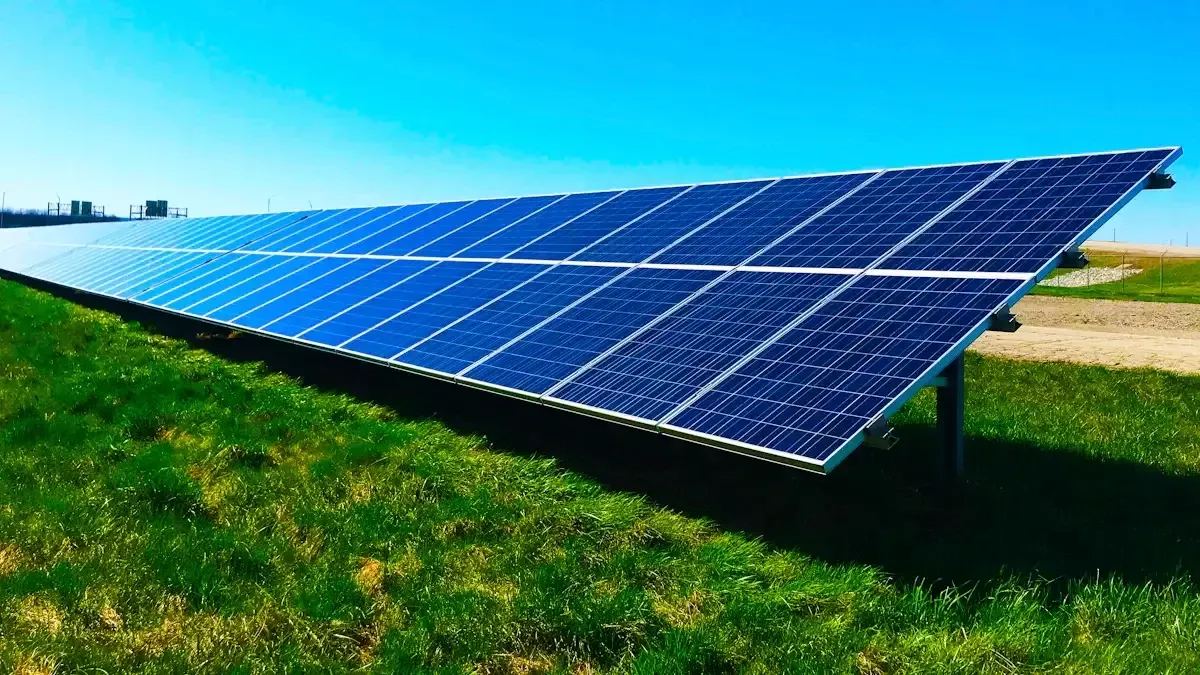An agro-photovoltaic project will be launched in Tashkent

A unique project is being implemented in the Tashkent region that allows dual use of agricultural lands. This was reported by Zamin.uz.
The State Environmental Expertise Center under the Ministry of Ecology, Environmental Protection and Climate Change announced this. A public hearing dedicated to the "Agri-PV" agro-photovoltaic project was organized in the Tashkent district.
The event was held at the building of the Research Institute of Vegetables, Melon Crops and Potato Growing. Local residents, officials from government organizations, and environmental experts participated.
During the hearing, detailed information was provided about the project's goals, implementation stages, and its impact on the environment. The project is being carried out within the framework of the Decree No. 220 of the President of the Republic of Uzbekistan dated September 9, 2022, and the Resolution No. 541 of the Cabinet of Ministers dated September 7, 2020.
It is planned to be implemented in cooperation with “Business Advanced Experts” LLC and the French company “VOLTALIA.” The solar power station will have a capacity of 507.78 kW and will be built on an area of 1.5 hectares.
On one hectare of the project area, 819 solar panels will be installed. Construction work will begin in August 2025 and will be completed by February 2026.
The agro-photovoltaic technology enables dual use of agricultural lands. This allows for the cultivation of melon and vegetable crops while simultaneously producing electricity.
As a result, water resources will be conserved, crop yields will increase, and farmers will gain an additional source of income. Additionally, 25 workers are planned to be employed during the construction process.
The public hearing also discussed the project's environmental and social impacts. Information was provided about potential issues such as noise, waste, and air dust during construction.
Measures to reduce these impacts include separate waste collection, disposal at special landfills, watering the construction site, and using heavy machinery only during daylight hours. These steps are aimed at ensuring the project is implemented without harming the environment.

